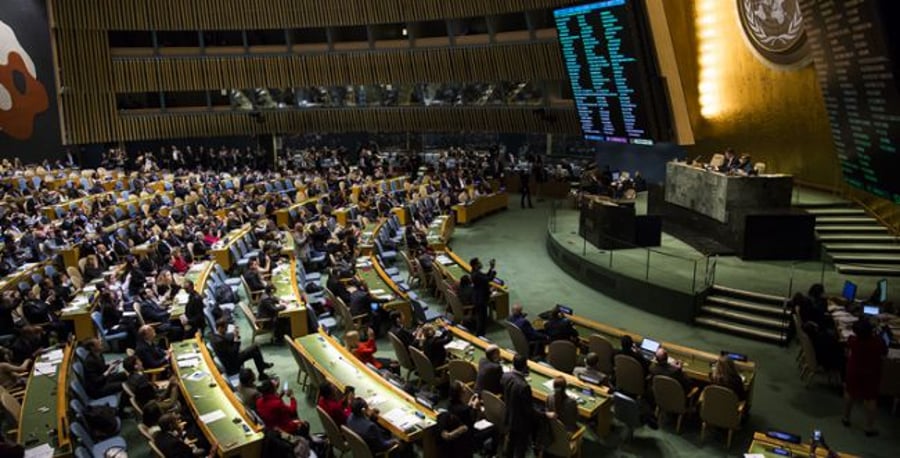
The UN General Assembly convened last night (Tuesday) for an emergency discussion on the situation in the Gaza Strip, at the request of Egypt and Mauritania. As part of the discussion, the assembly approved a proposed resolution calling for an immediate humanitarian ceasefire and the immediate and unconditional release of all the abductees, submitted by the Arab countries.
153 countries voted in favor of the resolution, 10 opposed and 23 abstained or were absent. This is a declarative decision only, which is not binding.
The list of countries that voted against includes the USA, Israel, the Czech Republic, Micronesia, Paraguay, Papua New Guinea, Liberia, Nauru, Guatemala and Austria. Among the countries that abstained are Germany, Great Britain, Ukraine, Georgia, Argentina, Bulgaria, Hungary, Netherlands, Panama, South Sudan, Togo, Tonga, Slovakia, Uruguay and Lithuania.
The draft of the proposed resolution included a description of the difficult humanitarian situation in Gaza and concern for the safety of the Gazans. "The Palestinian and Israeli civilian populations must be protected, in accordance with international humanitarian law. Also, the decision demands the immediate and unconditional release of all the abductees, as well as the guarantee of humanitarian access," it said.
As a reminder, Israel's ambassador to the UN, Gilad Erdan, spoke during the discussion. He emphasized to the countries supporting the proposal that "if you want to achieve a real ceasefire, call Hamas and ask for Yahya Sinwar."
After that, Erdan waved a sign with the number of the Hamas offices in Gaza written on it, and said: "Tell Hamas to lay down its weapons, turn itself in and return the abductees - and then you will get a real cease-fire that will last forever."
The gathering comes after the US on Friday used its veto power in the UN Security Council to prevent publication of a draft resolution on a ceasefire. This is a proposal that called for binding Israel to an immediate humanitarian ceasefire in the Gaza Strip.
Among the 15 members of the Security Council, 13 supported the proposal. Britain abstained and the USA objected. Due to the veto that the USA, as one of the five permanent members of the Council, can impose, the proposal fell through.











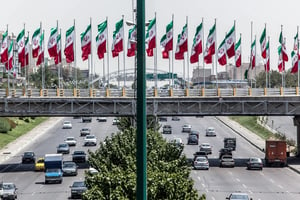


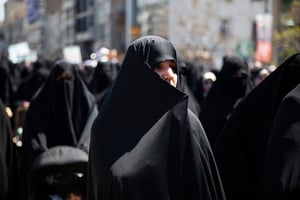

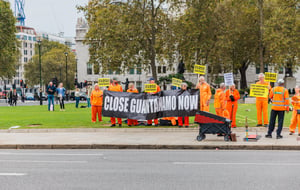
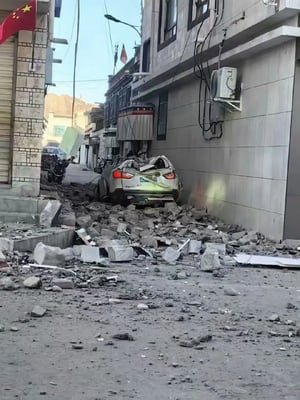
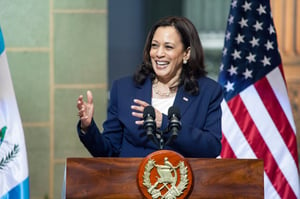


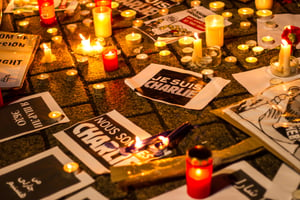
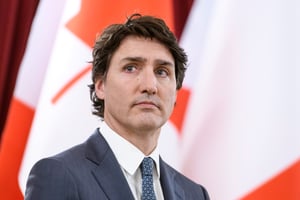



1 Comments